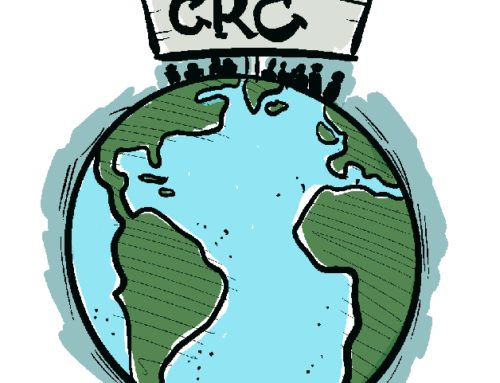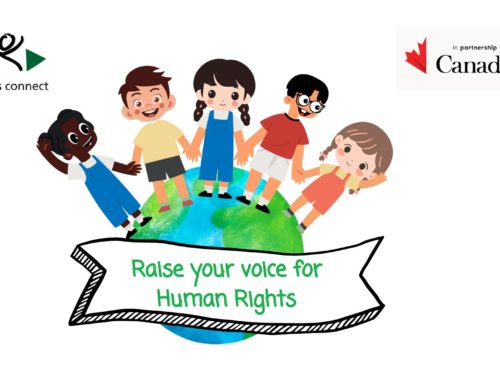From 29 May to 2 June 2023, the Chairs of the Human Rights Treaty Bodies held their 35th annual meeting in New York.
The Chairs discussed the Office of the High Commissioner for Human Rights (OHCHR) Working Paper, which presents options for the development of an implementation plan in response the Chairs’ conclusions from last year. The Chairs welcomed the document as an important step and considered the various options to guide their discussion and consultations with Member States, UN agencies, national human rights institutions, and civil society organizations.
A significant element of the Working Paper is the presentation of three options for the introduction of an 8-year predictable schedule of reviews. In their Conclusions on the OHCHR Working Paper, the Chairs shared their intention to further study the options based on recent pilots of clustering as well as back-to-back review of States parties’ reports by some Committees. On the options for the modalities of the mid-term follow-up reviews, the Chairs agree on the need to strengthen the procedures, and to focus on up to four specific priority issues.
The Chairs also shared Conclusions on the following issues: Harmonization of working methods and substantive coordination on common and intersectional issues, Constructive dialogues with State parties; Concluding observations; Accessibility of human rights treaty body work and reasonable accommodation; Simplified reporting procedure; Individual communications and inquiries; OHCHR’s human rights treaty body Capacity-Building Programme; Digitalisation.
Noteworthy, the Chairs concluded that:
- The engagement with stakeholders should be further promoted in reviews of State party reports, and take place in a hybrid manner with interpretation during sessions. The Committees should align their modalities for engaging with national human rights institutions, civil society organizations and other stakeholders.
- Member States should increase human, technical and financial resources to the United Nations Office in Geneva to ensure conference service support for accessible online and hybrid meetings of the Committees, including with interpretation.
Civil society’s views on the Working Paper
Under the consultations held by the Chairs before adopting their Conclusions, a joint NGO statement was delivered by Amnesty International, Geneva Human Rights Platform, International Service for Human Rights, International Rehabilitation Council for Torture Victims (IRCT), Jacob Blaustein Institute for the Advancement of Human Rights (JBI) and TB-Net (of whom Child Rights Connect is a member).
Despite the little time given to review the Working Paper ahead of the meeting, we welcomed that many of the proposed options address some of our long-standing recommendations to UNTB. Yet, we called on the Chairs to request that OHCHR discuss, in detail, the options proposed in the paper with relevant actors including UNTB members and civil society users.
We also raised our deep concerns about some proposals of the Working Paper which risk severely restricting civil society access to and engagement with the Treaty Bodies in the State review process, and we called on the Chairs and OHCHR to ensure that civil society’s engagement is an integrated and formal part of the treaty bodies work.
In this sense, Child Rights Connect welcome the Chairs conclusions that the “Chairs wish to facilitate the participation of stakeholders, including of children and other groups of rights holders with specific needs, through the development of common and adapted and accessible information material and other tools for these audiences.”
Our joint NGO submission also raised that the fixed 8-year calendar needs to be complemented by a meaningful mid-term follow-up review (whether online, in Geneva, at regional or national level) featuring an interactive dialogue between the Committee and the State delegation, as well as engagement from all other relevant stakeholders. As advocated before, a simple desk review would not suffice.
We will continue to closely monitor the process and share relevant developments, as they would have huge implications for the engagement of civil society with the UN human rights Treaty Bodies!









